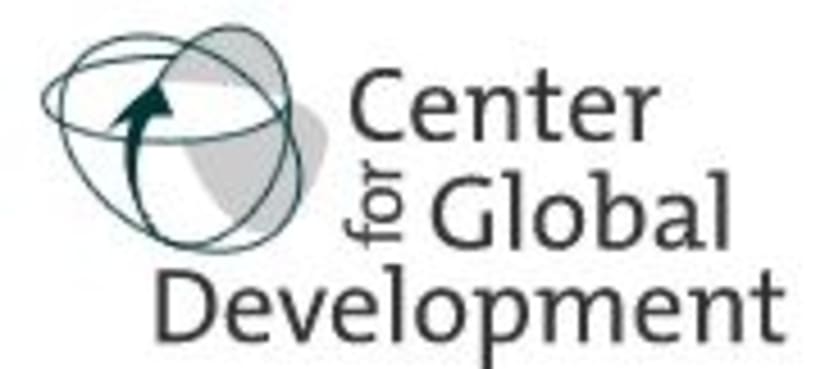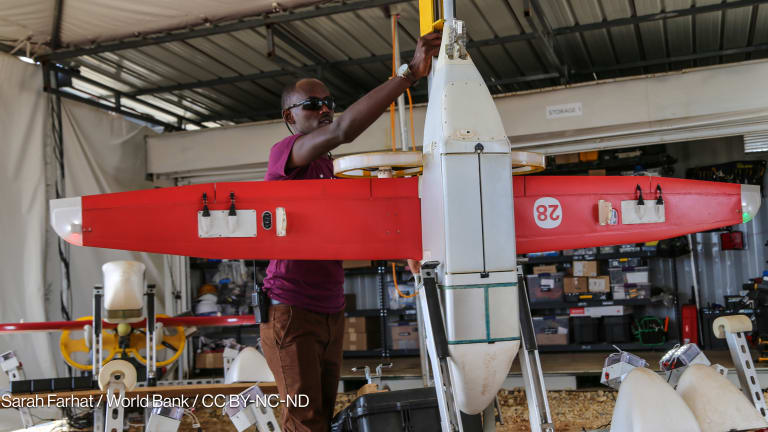
EDITOR’S NOTE: U.S. Secretary of State Hillary Clinton has vowed to elevate development in the U.S. foreign policy hierarchy. What that declaration means is everyone’s guess for now, says Todd Moss, vice president for corporate affairs and senior fellow at the Center for Global Development.
The developmentistas are still largely enamored with the current administration and clinging to the hope that the PSD and QDDR processes will lead to a more prominent role for “development” within the U.S. foreign policy hierarchy. A lot of this optimism rests squarely on the shoulders of Secretary Clinton and her promises. Just one example, from her January address at CGD:
“it’s time…to elevate development as a central pillar of all that we do in our foreign policy. And it is past time to rebuild USAID into the world’s premier development agency.”
So what exactly does “elevating development” mean in practice? Or rather, what does Secretary Clinton mean?
Actually rebuilding USAID is one possible answer. I have already blogged that the signals on this are however pretty discouraging given that the current USAID administrator has less authority, less interagency status, and less help than his predecessors. The staffing gap seems to be particularly acute since Raj Shah is now more than 6 months into the job (and it’s 18 months into the administration) yet still has zero of his top twelve managers in place. Disgracefully, only two have even been named yet. I can find only two ways to interpret this. ither (a) no one really cares about filling these positions so it is just taking an embarrassing amount of time or (b) these mid-level spots are deadlocked in petty personnel battles between the White House and State. It’s not good when “no one cares” may be the preferable answer.
Beyond the flailing USAID rehab project, there are other signals that might indicate what raising the importance of development within U.S. policy means. But these don’t look so promising either:
1. The What (is development all about)? Promoting development in foreign countries is not about just ticking off a list of feel-good issues we worry about (cute children, pregnant women, poor farmers). It is more about finding interventions that encourage long-term economic transformation and state-building. It is messy, going to fail miserably much of the time, and probably be far from obvious whether the real impact of external actors like the U.S. government is good, bad, or irrelevant.
Thus managing our development programs across State, DoD, and other USG agencies makes perfect sense to avoid crossing wires and wasting effort. But integrating them is a terrible idea since the objectives, time horizons, and measures of success are wholly different.
2. The When and Where? It is fine to say, as Clinton did, that “the three Ds must be mutually reinforcing” but, in reality, frequently they are not. We are much more likely to find that diplomatic or security needs are repeatedly at odds with development objectives – various American activities in Somalia, Yemen, and Afghanistan are obvious cases but this also applies to Ethiopia, Mauritania, and Uganda. Given the empire Clinton is building, where is the space for making development policy choices, even in countries low on the national security radar? If the State Dept can’t even bring itself to put USAID in charge of the administration’s signature development initiative, what hope is there for elevating development in bilateral relationships?
3. The What After? “The Secretary really cares” (even if we assume this is true) is simply not a strategy for building an institutional arrangement for enabling a higher priority for development in the future. The way I think about this: What is the likelihood that the development voice will have any influence within the system being put in place if the next Secretary really doesn’t give a hoot?
So, the hard question for the development community to ponder as they wait-and-hope: What does Secretary Clinton really mean by elevating development? I’m afraid, so far, not at all what they were expecting.
Re-published with permission by the Center for Global Development. Visit the original article.
Search for articles
Most Read
- 1
- 2
- 3
- 4
- 5








